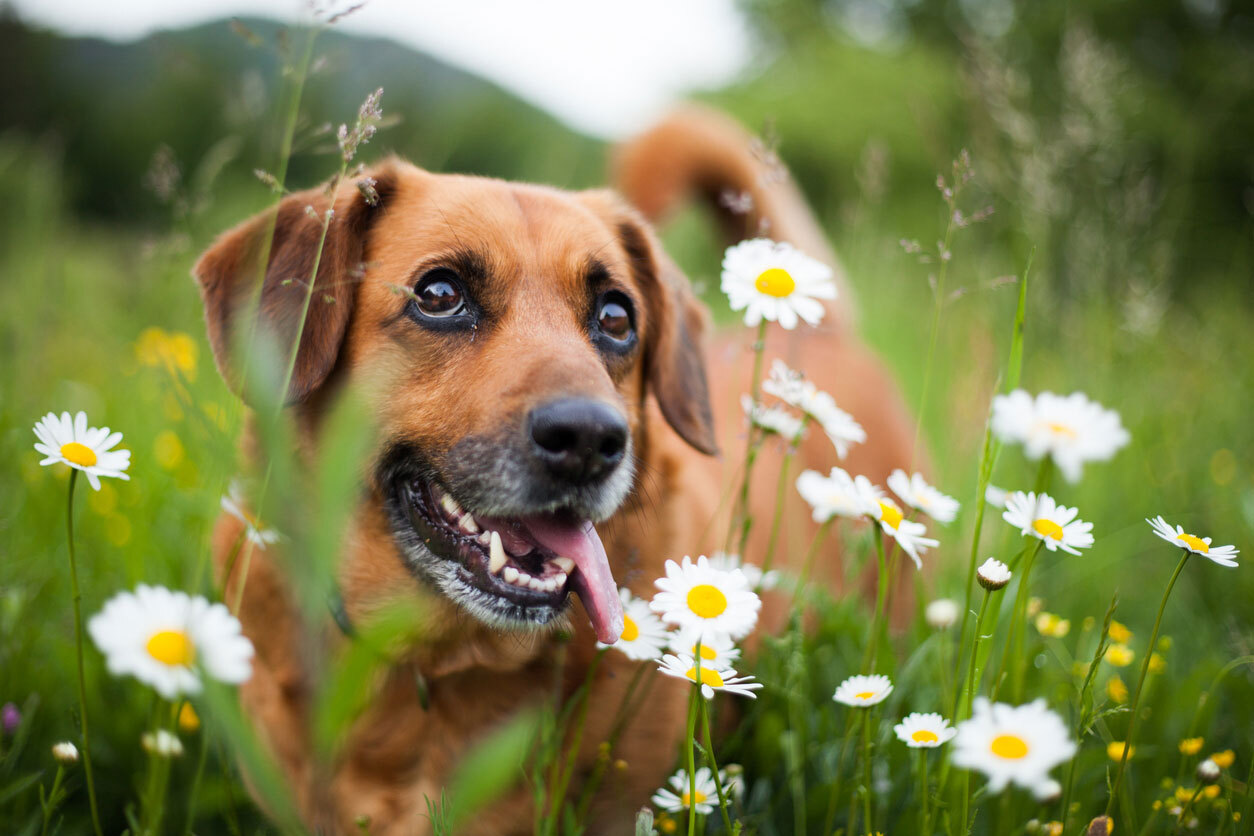In the UK, May typically sees lawns getting their regular trim, but there's a growing movement urging a different approach. "No Mow May" encourages people to put away their lawnmowers for the month and let nature take its course.
At PCS we’re encouraging our various sites countrywide to participate in No Mow May, where appropriate, to let our memorial gardens, cemeteries and office gardens be part of this initiative.
It's not just about encouraging the flowers to prosper; there are some practical reasons behind this green movement too.
By giving grass, wildflowers and native plants a chance to grow, participants are creating ideal habitats for pollinators like bees and butterflies. These vital insects rely on nectar-rich flowers for food and play a crucial role in pollinating crops and wild plants alike. No Mow May gives them just the boost they need to kick-start Spring in style!
But it's not just about the birds and the bees. Allowing grass to grow longer helps to stabilise soil, prevent erosion, and retain water—important benefits for maintaining healthy ecosystems. Plus, a diverse range of plants means better air quality and acts as a natural carbon sink, which is good news for tackling climate change.
What does No Mow May mean for pet owners?
For pet owners, No Mow May can create a more engaging environment for pets. Dogs, in particular, may enjoy exploring the new textures and scents, adding variety to their outdoor experiences. Additionally, the increased presence of pollinators like bees and butterflies can offer pets a source of fascination as they observe these insects going about their business.
However, there are also considerations for pet owners to keep in mind. Longer grass may harbour ticks and other pests, posing a potential risk to pets, particularly if they spend a lot of time outdoors.
It's essential for pet owners to regularly check their animals for ticks and use appropriate preventative measures such as tick repellents or medications, if necessary.
Additionally, some pets may have allergies to certain plants or grasses that are allowed to grow during No Mow May. Owners should monitor their pets for any signs of allergic reactions, such as itching, sneezing, or redness, and take appropriate steps to minimise their exposure if needed.
But on the whole, No Mow May is a great way to help make a difference to the onset of Spring. So, whether you have a sprawling lawn or just a small patch of grass, consider giving No Mow May a try next year. Who knows? You might just be surprised by the buzz it creates.





